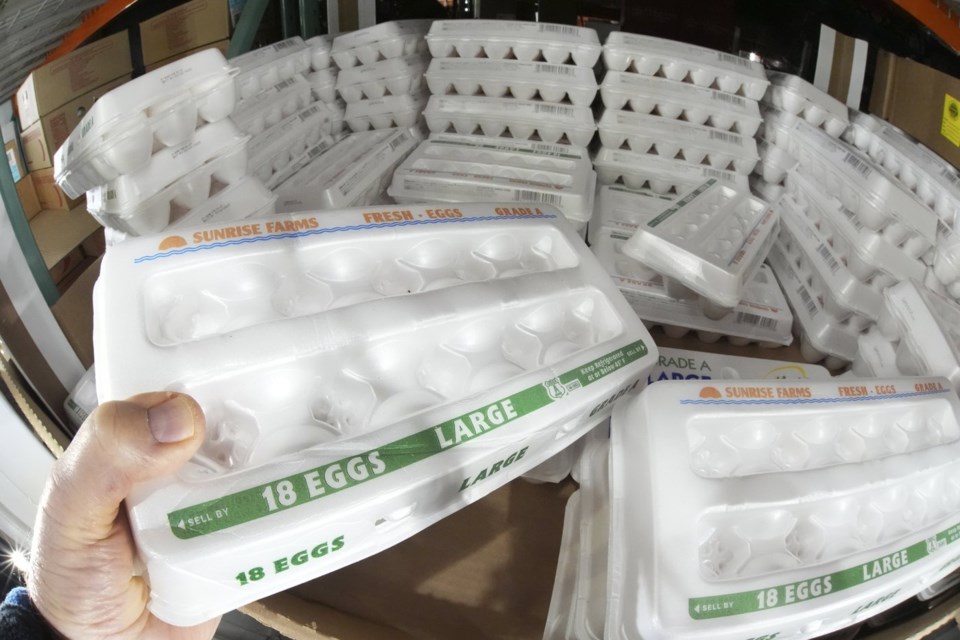WASHINGTON (AP) — Americans’ view of the U.S. economy worsened in June, resuming a downward slide that had dragged consumer confidence to its lowest level since the COVID-19 pandemic five years ago.
The Conference Board said Tuesday that its consumer confidence index slid to 93 in June, down 5.4 points from 98.4 last month, which represented a brief uptick.
The regression surprised economists, who had expected a small uptick this month.
In April, American consumers’ confidence in the economy sank to its lowest reading since May 2020, largely due to anxiety over the impact of President Donald Trump’s tariffs.
A measure of Americans’ short-term expectations for their income, business conditions and the job market fell 4.6 points to 69. That’s well below 80, the marker that can signal a recession ahead.
Consumers’ assessments of the present economic situation declined by 6.4 points to 129.1.
Tariffs and the impact they could have on personal finances remained at the top of respondents’ minds, the Conference Board said.
Trump’s aggressive and unpredictable policies — including massive import taxes — have clouded the outlook for the economy and the job market, raising fears that the American economy is headed toward a recession.
Consumers' fears of a recession during the next 12 months rose slightly in June and remain elevated, according to the survey results.
The Conference Board said that the three components of the expectations Index — business conditions, job prospects, and future income — all weakened.
It was the sixth straight month that respondents' views of the job market deteriorated, though the reading remains in positive territory as the U.S. labor market continues to churn out jobs.
The Labor Department earlier this month reported that U.S. employers slowed hiring in May, but still added a solid 139,000 jobs amid uncertainty over Trump’s tariffs. Unemployment remains historically low at 4.2%.
Though concerns about inflation ticked down slightly in June, it remains a major concern among respondents, who frequently mentioned higher prices in tandem with tariffs.
A government report earlier this month showed that consumer prices ticked up in May to 2.4% from a 2.3% year-over-year increase in April. Core prices, which excludes the volatile food and energy categories, rose 2.8% for the third straight month. Economists pay close attention to core prices because they generally provide a better indication of where inflation is headed.
The Board said respondents' references to geopolitics and social unrest increased slightly from previous months, but are still significantly lower on the list of consumers' concerns.
The deadline for survey responses was June 18, before the U.S. targeted Iranian nuclear sites but after Israel's bombing of Tehran.
Matt Ott, The Associated Press



